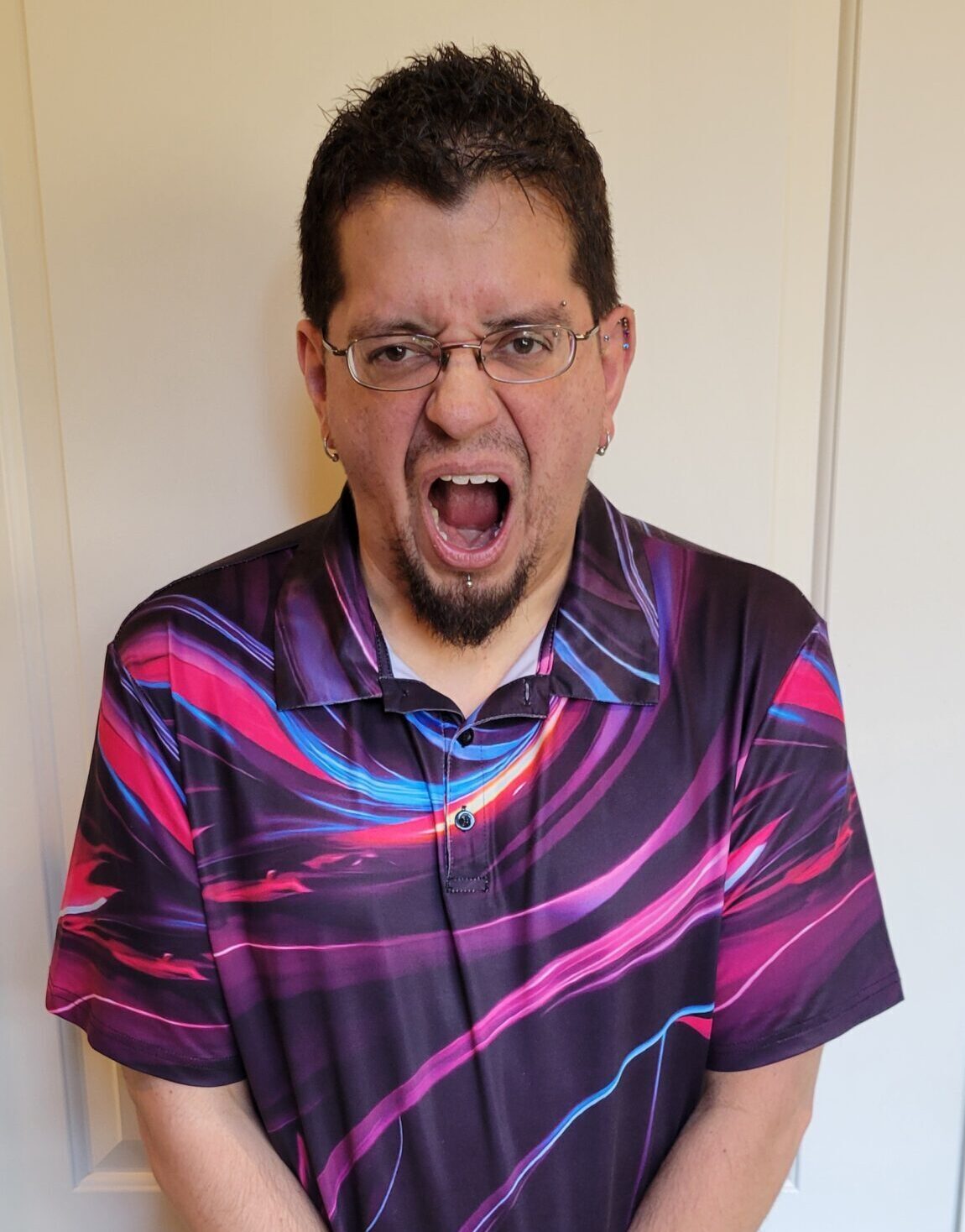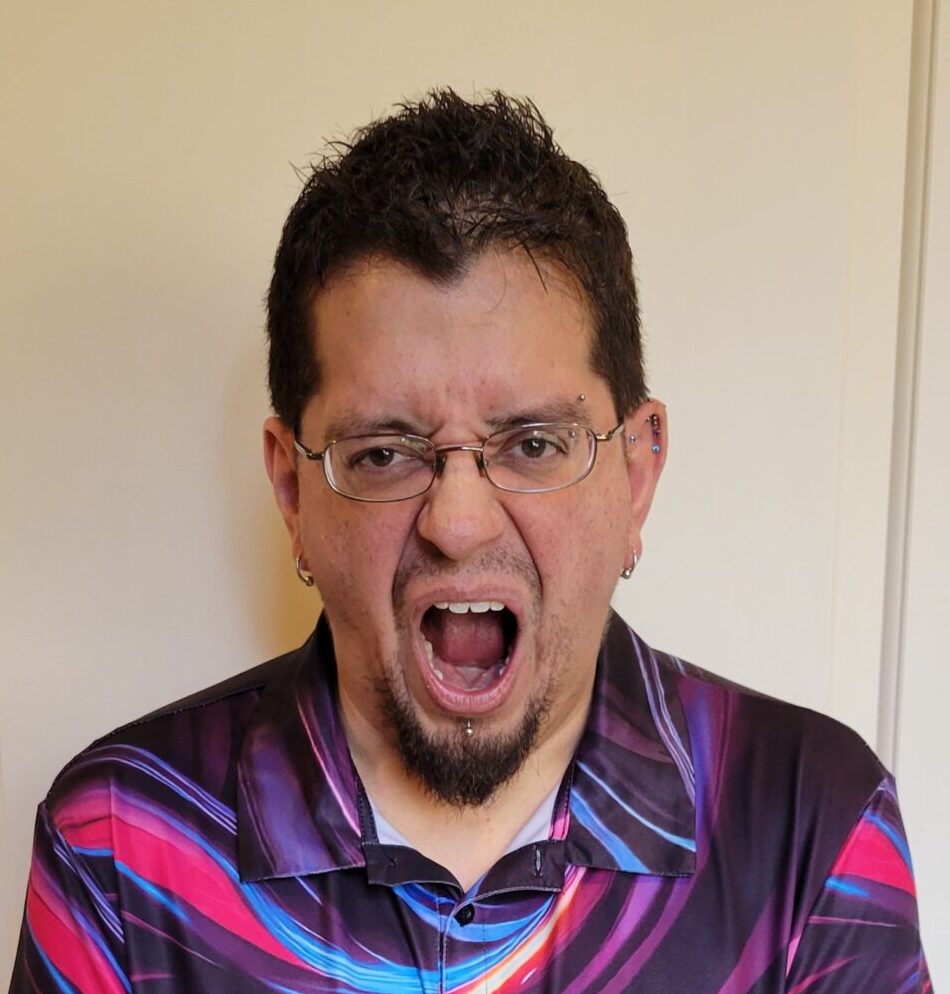Hi, my name is Jeremy, and this is my story of growing up intact in the United States.
I was born in San Jose, Costa Rica, almost 43 years ago, and spent my first five months there. My American parents adopted me when I was three months old, and my mother stayed with me there for two more months.
A local woman helped my mom care for me. Like all infant boys born in Costa Rica at that time, I wasn’t circumcised. I’ve never asked my mother, but in that environment I think she probably learned that a foreskin is normal and easy to care for, and I was never circumcised even after I came to the United States.
But growing up in Maryland and Texas, I always felt different. I thought there was something wrong with me and I was very self-conscious. This turned into a real fear due to painful experiences in the doctor’s office. Pediatricians, both male, on two separate occasions tried to forcibly retract my foreskin. Thankfully, they failed, but it was extremely painful—and as a kid, I didn’t understand what was going on and I was scared to speak up.
I was traumatized by these encounters and afraid of male doctors for years. We moved to Las Vegas when I was 13, and my new pediatrician was a woman. She never once did that, and I’ve chosen female physicians ever since.
Into my teens and early adulthood, I still thought having a foreskin made me abnormal. I thought I was in the minority—not knowing that circumcision is rare outside of the U.S. and a few other places. I started to question why my parents hadn’t had me cut like everyone else. I even contemplated doing it myself—that’s how abnormal and uncomfortable I felt.
Finally, in my 20s, I consulted a urologist about scheduling a circumcision. She told me she would not do it: “You don’t need it done. It’s healthy the way it is.” She refused to consider it.
A flip switched for me that day. If she wouldn’t do it, why? I started to look into it more, and I was shocked to find a growing online community of people who would agree with her, who advocated for keeping boys intact. I started to think maybe I was actually lucky.
Another benefit of having a foreskin occurred to me last year. During a medical exam, my doctor mentioned I have a rather large urethral meatus, the external opening of the urethra. This can be a problem on a circumcised penis; the body sometimes protects this vulnerable area by narrowing the opening, a condition known as meatal stenosis. I now realize that my foreskin has protected this area for me, allowing it to remain natural and healthy instead of dry and narrow.
I’ve witnessed a dramatic change in the conversation around circumcision in this country. I’ve seen this on Twitter/X. I opened a personal Twitter account in 2015, and then in 2019, I opened a second account focused on circumcision. I started getting a lot of followers on that account. I liked having people actually acknowledge me and validate my thoughts on circumcision. It was very healing.
But I really wanted more followers on my personal account, so I used that account to comment on other people’s posts about circumcision. When people liked my comments and voiced their support, it made me confident to speak out more. It took me years after I realized that I was normal to finally find my voice talking about it online.
This is a far cry from my years growing up in the ’90s and early 2000s. Back then, keeping a baby’s penis intact was frowned upon in this country. It was a taboo subject. But as I’ve gotten older, many more people have bravely come out against it, sharing stories of their own trauma from circumcision. For every comment I see on Twitter in support of this barbaric practice, there are a dozen or more responses against it. It’s almost a complete switch.
Being part of this change has helped to heal the trauma I experienced growing up. I’m fortunate to be living in the U.S. at a time when more people can see that leaving a baby’s penis intact is the right thing to do.



